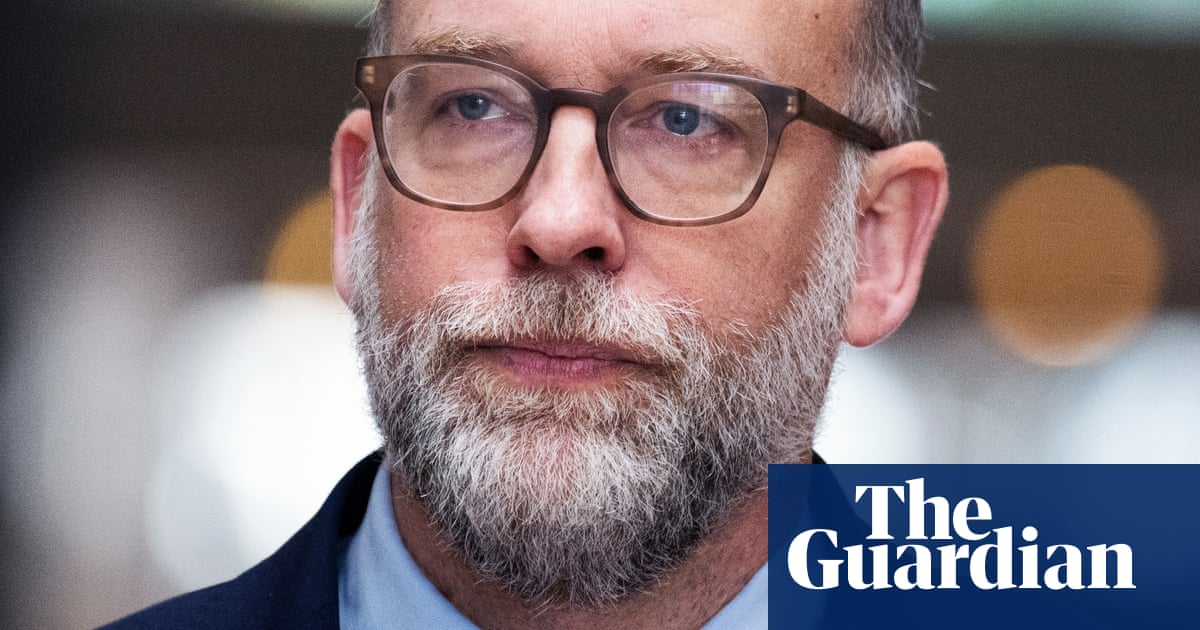Russell Vought and the Constitutional Quandary of Federal Cuts
On a recent Sunday, Russell Vought, the Director of the Office of Management and Budget (OMB), cast a shadow of uncertainty over the constitutional obligation of the White House to seek congressional approval for significant budgetary cuts to the federal workforce. This initiative is notably backed by Elon Musk, who has garnered attention for his plans to slash government spending. Vought’s remarks, made during an interview with CNN, suggest a preference for using "executive tools" to implement these cuts without broad congressional oversight.
The Role of Executive Tools
Vought’s position centers around the notion that the White House may not need to submit the entirety of the cuts—part of a broader initiative dubbed the "Department of Government Efficiency" (Doge)—to Congress for approval. He suggests that only a necessary fraction would require formal legislative sign-off. This approach raises eyebrows among lawmakers across both parties, who are calling for full transparency regarding the cuts detailed in Doge. The central question remains: could the executive branch sidestep traditional oversight mechanisms established by Congress?
The Defense of Cost-Cutting Proposals
In the same interview, Vought defended the extensive cost-cutting measures encapsulated in the One Big Beautiful Bill act, which had recently passed in the House. This legislation outlines budgetary proposals for the upcoming fiscal year starting in October. However, concerns were voiced by CNN’s Dana Bash, who pointed out that Doge’s cuts impact funding and programs that Congress has already ratified.
While Vought acknowledged that Musk claimed the cuts could amount to $175 billion, he specified that a mere $9.4 billion of those cuts will be formally submitted to Congress this week. This subset primarily addresses major reductions to agencies like USAID and public broadcasting, provoking backlash and even potential lawsuits.
A Tug-of-War with Congress
As bipartisan leadership in Congress looks for clarity on the proposed cuts, they have pressed the Trump administration for details, wondering if the administration would indeed submit the broader scope for approval. In response, Vought hinted at a vague possibility, suggesting that only some cuts might warrant congressional input while the bulk could proceed without such endorsement.
The Project 2025 Initiative
As one of the key architects behind Project 2025, Vought is entrenched in a mission to redefine the federal workforce’s structure while consolidating executive power. This initiative not only seeks to implement cuts but also aims to reshape the role of the federal government significantly. Vought’s discussions reveal a strategic intent to continue the cuts initiated under Doge, indicating a persistent push toward a leaner federal structure.
Legal and Constitutional Implications
A significant part of the conversation revolves around the legality of the proposed methods, particularly the concept of "impoundment." Historically, impoundment allows the executive to withhold funds allocated by Congress—a power significantly restricted since the 1970s. Vought’s comments reveal a willingness to challenge these limitations, hinting at a potential constitutional conflict. Bash probed Vought on whether this could lead to Supreme Court deliberations, questioning whether the administration’s actions were designed to provoke a legal showdown.
The Tension Between Leadership and Law
Vought’s comments, "We are not in love with the law," underscore a bold stance towards existing legislative frameworks, but he hastened to add that they do not intend to violate legal boundaries. The conversation suggests a friction point within the administration’s agenda—a balancing act between aggressive reform and the necessity of adhering to established laws.
Impacts of the Big Beautiful Bill
Adding to the complexity, the Congressional Budget Office (CBO) and several experts project the potential for the Big Beautiful Bill to inflate the US deficit by an astonishing $3.8 trillion. Musk himself expressed concerns that this legislation could undermine the ongoing efforts spearheaded by the Doge team. Despite this, Vought remained optimistic, emphasizing that he did not believe the bill would adversely affect the deficit or national debt.
Trump’s Vision and Strategic Alignment
Interestingly, Vought characterized former President Trump as the "architect, the visionary, the originator" of his own agenda, even as he acknowledged the synergistic relationship between Trump’s directives and the strategies laid out in Project 2025. This suggests a broader narrative of Trump’s influence on policy, intertwined with the ideological motivations driving the current administration’s actions.
With these discussions shedding light on the current political landscape surrounding federal budgetary reforms, the implications of Vought’s statements reverberate as a call for vigilance among lawmakers and citizens alike. The approach to governance may be shifting, but the quest for accountability and fiscal responsibility remains as critical as ever.


